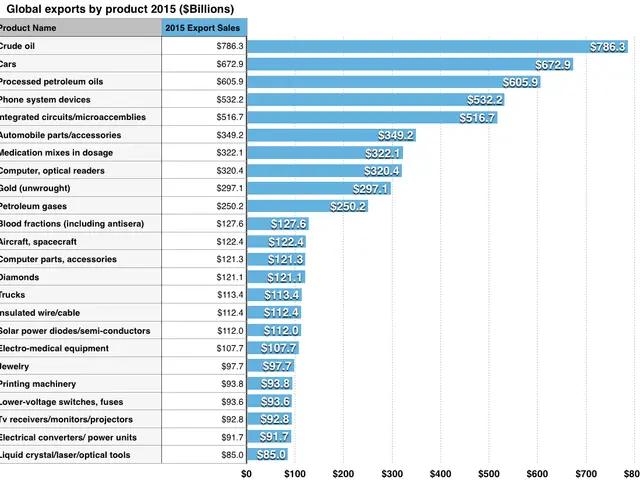Slowing Down of Tourism Sector in 2024 (Minimal Wage Increases Expected)
In a recent report published by the Lusa Agency, it has been revealed that the tourism sector is facing challenges in terms of its contribution to GDP growth and wage increases.
The report highlights that the weight of tourism in GDP growth is decreasing, with the sector's contribution to the economy's growth being lower in 2024 compared to the previous year. This decline is attributed to multiple external and geopolitical factors.
One of the key factors driving this trend is stricter immigration enforcement in the U.S., which has created negative traveler sentiment and deterred international tourists. As a result, the U.S. is projected to see a 14% drop in international visits and a $12.5 billion decline in visitor spending in 2025 compared to 2024.
Economic factors, such as a strong U.S. dollar making travel more expensive and less competitive globally, are another contributing factor. The strong dollar has made travel to the U.S. more expensive for tourists from other countries, reducing the number of visitors and spending.
Shifting global travel behavior and escalating geopolitical tensions have also played a role in reducing visitor numbers in countries such as Canada. The declines in key markets like the U.S., Mexico, UK, and Germany have impacted Canada's tourism industry.
Broader global economic trends, including declining per capita tourism spending in some regions due to currency and economic shifts, have further softened tourism's GDP contribution.
Despite these challenges, the tourism sector has shown a "slightly higher" dynamism compared to the rest of the economy. However, wages in the tourism sector remain below the average, with wage growth in 2024 being less than the previous year.
The report does not provide explicit data comparing tourism sector wage growth to the overall average wage growth. However, given the tourism sector's contraction and reduced visitor spending in key markets, it is reasonable to infer that wage growth may be stagnant or below average in affected countries like the U.S.
In the global context, tourism’s contribution to GDP has shown a significant decline, with the sector's contribution dropping from 10.4% of global GDP in 2019 to 7.6% in 2022. This reflects the complex economic and sector-specific challenges facing the tourism industry.
In conclusion, the tourism sector is facing a difficult period, with decreasing contributions to GDP growth and lower wage increases. However, the sector remains dynamic and continues to adapt to the changing landscape. Additional targeted economic reports and labor statistics would be required to provide precise wage growth comparisons for the tourism sector vs. average wages for 2024.
- In light of the decreasing contributions to GDP growth, the sector's lifestyle has become less promising for those working in tourism.
- Despite the challenges, the tourism sector's continued dynamism indicates a resilience that, coupled with travel, may hold the key to future growth and wage increases.





